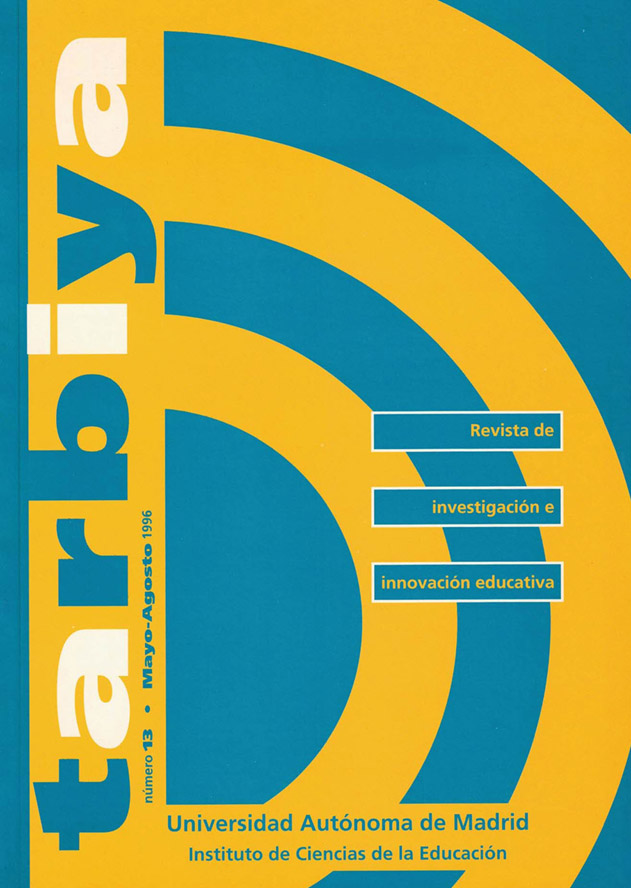Keywords:
Thinking, Questioning, Resisting, Saying, Texts, PossibilitiesAbstract
In opposition to the conception of thinking as a task using representations, general or abstract ideas, or as a mental exercice, what is proposed here is the idea of thinking as a practice for another way of living, the creation and invention of new possibilities, a new style. Thinking is the permanent task of questioning its own scope and meaning. In contrast with methodological proposals which consider it an instrument, or a means to an end, here I will analyse its methods, its effects and the way it works. I propose a characterization of thinking as a conversation and as a way of answering back, of resisting. Its public and political character is, then, the shared task of thinking with texts.
Downloads
References
ARISTÓTELES (1970). Metafísica. II t. Madrid: Gredos.
ARISTÓTELES (1986). Política. Madrid: Alianza.
BORGES, J.L. (1985). Funes el memorioso. En Artificios. Prosa Completa, IV t. Barcelona: Bruguera, II, 177-185.
DELEUZE, G.; GUATTARI, F. (1993). ¿Qué es la filosofía? Barcelona: Anagrama.
DELEUZE, G. (1995). Conversaciones. Valencia: Pretextos.
DERRIDA, J. (1989). Firma, acontecimiento, contexto. En Márgenes de la Filosofía. Madrid: Cátedra.
DERRIDA, J. (1992). El otro cabo. Barcelona: Serbal.
DERRIDA, J. (1995). Dar el tiempo. I. La moneda falsa. Barcelona: Paidós.
DESCARTES, R. (1979). Discurso del método. Madrid: Alianza.
FOUCAULT, M. (1972). Theatrum philosophicum. Barcelona: Anagrama.
FOUCAULT, M. (1994). Le souci de soi. En Dits et écrits. París: Gallimard.
FOUCAULT, M. (1994). Hermenéutica del sujeto. Madrid: La Piqueta.
GADAMER, H.G. (1992). Verdad y Método II. Salamanca: Sígueme.
GADAMER, H.G. {1996). Estética y Hermenéutica. Madrid: Tecnos.
HEGEL, G.W.F. (1973, 2º reimp.). Fenomenología del Espíritu. México: Fondo de Cultura Económica.
HEIDEGGER, M. (1972). ¿Qué significa pensar? Buenos Aires: Nova.
HEIDEGGER, M. (1994). Superación de la Metafísica. En Conferencias y artículos. Barcelona: Serbal.
HEIDEGGER, M. (1994). ¿Qué quiere decir pensar? En Conferencias y artículos. Barcelona: Serbal.
HEIDEGGER, M. (1995). La época de la imagen del mundo. En Caminos de bosque. Madrid: Alianza.
HÖLDERLIN, F. (1983). Recuerdo, 100-103. En HEIDEGGER, M. Interpretaciones sobre la poesía de Hölderlin. Barcelona: Ariel.
KANT, I. (1979, 1º reimp.). ¿Qué es la Ilustración? En Filosofía de la historia. México: Fondo de Cultura Económica.
NIETZSCHE, F. (1970). Aurora. Reflexiones sobre los prejuicios morales. Obras Completas, 5 t., t. II. Buenos Aires: Prestigio.
NIETZSCHE, F. (1970). La Gaya Ciencia. Obras Completas, 5 t., t. III. Buenos Aires: Prestigio.
PLATÓN, (1986). Fedón, Banquete, Fedro, Diálogos t. III. Madrid: Gredos.
PLATÓN, (1988). Parménides, Teeteto, Sofista, Político t. V. Diálogos. Madrid: Gredos.
RICOEUR, P. (1984). La vida: un relato en busca de narrador. En Educación y política. Buenos Aires: Docencia.
RICOEUR, P. (1985). Hermenéutica y acción. De la hermenéutica del texto a la hermenéutica de la acción. Buenos Aires: Docencia.
RICOEUR, P. (1990). Soi-même comme un autre. París: Du Seuil.
SEVERINO, E. (1987). La filosofía contemporánea. Barcelona: Ariel.
VALERY, P. (1957-1960). Oeuvres. París: Gallimard.

